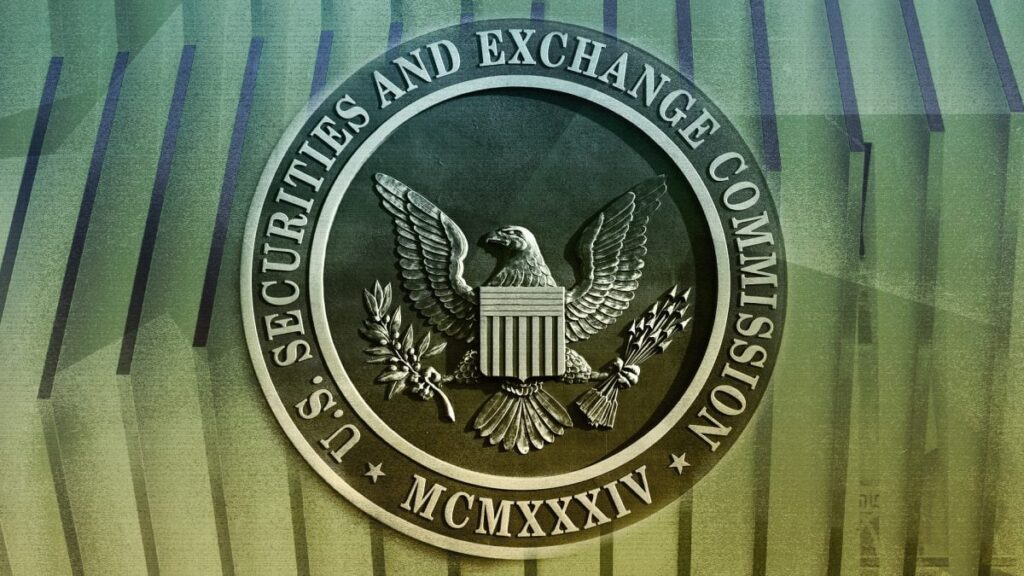Summary
The US Securities and Exchange Commission (SEC) has voted to adopt rules that require market participants involved in cryptocurrency liquidity provision to comply with federal securities laws. The rules will apply to individuals transacting in crypto assets that meet the definition of securities or government securities, with the exception of those with assets less than $50 million. The rules will also impact decentralized finance (DeFi) activities. The crypto industry has pushed back against the rule, arguing that it is unreasonable for DeFi products that do not have a central controlling body. The SEC’s decision has been criticized by industry participants and deemed “misguided and unworkable.” Republican Commissioner Hester Peirce questioned how an automated market maker (AMM), which is a software protocol, would register as a dealer under the rules. The final rules will come into effect 60 days after being published in the Federal Register, with a compliance date set for one year after the effective date.
Key Points
1. The Securities and Exchange Commission (SEC) voted to adopt rules that require market participants with significant liquidity-providing roles to comply with federal securities laws, including those involved in the cryptocurrency industry.
2. The adopted rule applies to people transacting in crypto assets that meet the definition of securities or government securities, excluding those with assets less than $50 million. The rules will have an impact on decentralized finance (DeFi) and would require certain DeFi market participants to register as dealers or government securities dealers.
3. The crypto industry has pushed back against the rule, arguing that it is unreasonable for DeFi products due to their decentralized nature and lack of a central controlling body. Critics claim that the rule imposes impossible requirements and hampers innovation within the digital asset ecosystem. Commissioner Hester Peirce also raised concerns about the rule’s application to automated market makers (AMMs) and the lack of transparency and compliance in the market.


